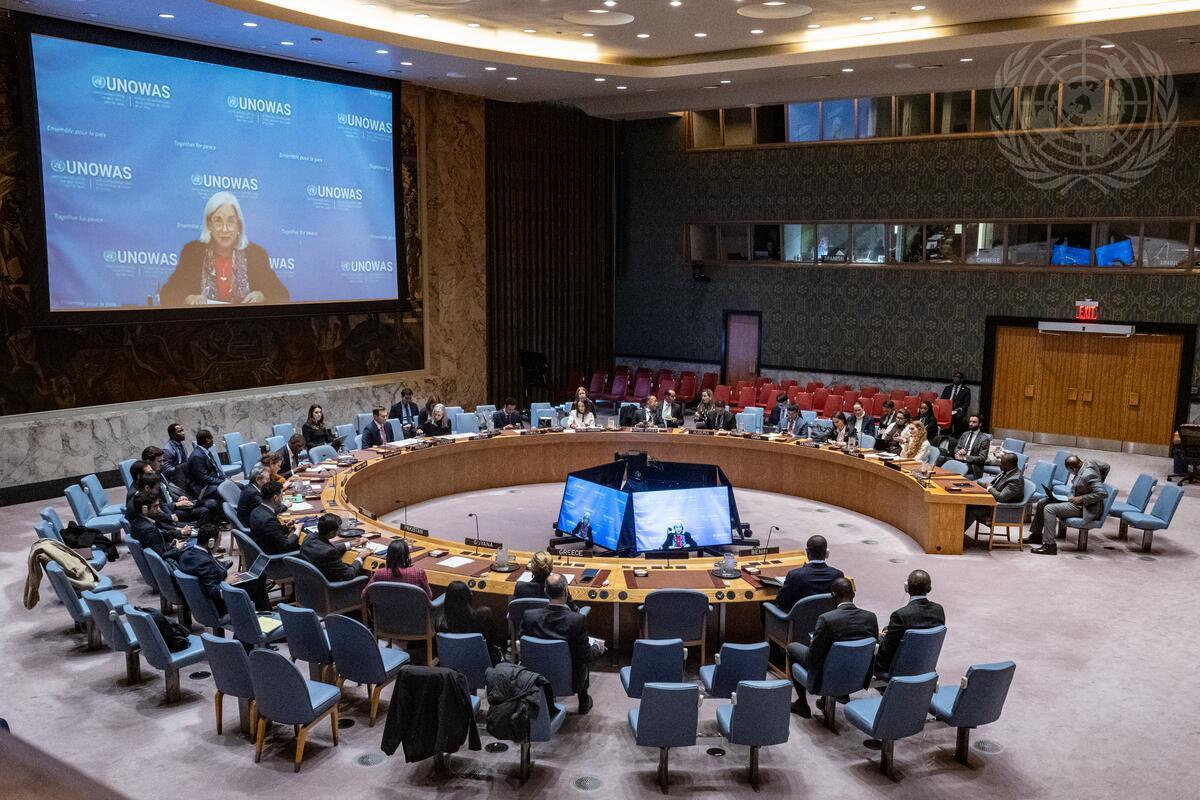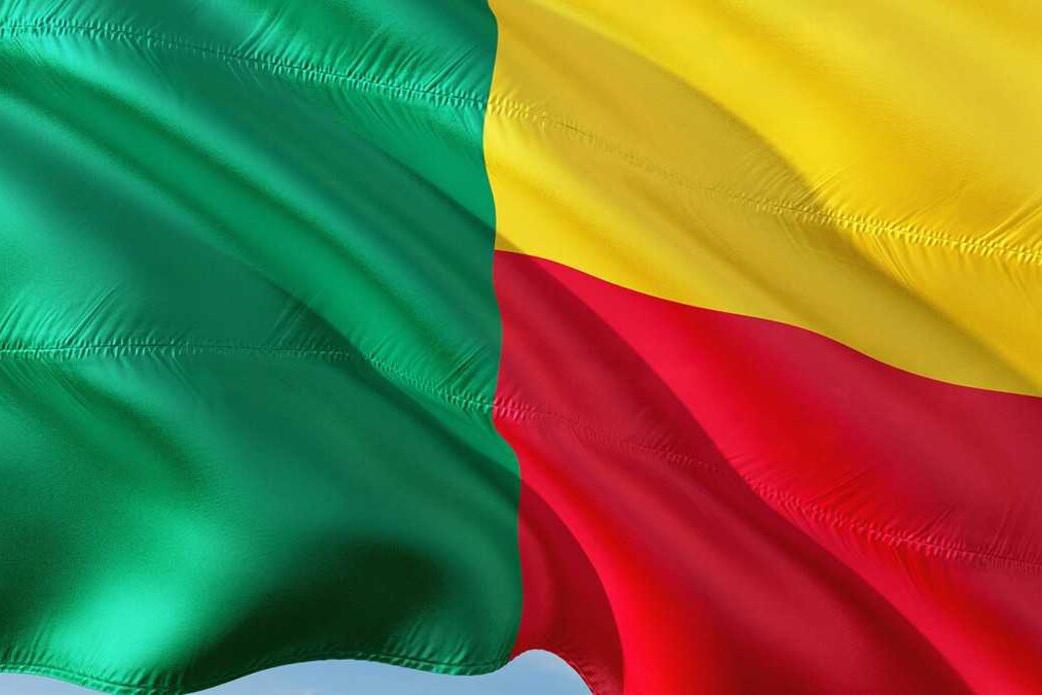After 11 years of a ravaging civil war, Sierra Leone with the support of the international community, undertook with determination to reform the security sector as one of the critical component of a nation building. Today, the experience of Sierra Leone is not only a major national achievement, but also a shining model that countries in West Africa and in the Sahel could get inspiration from.
Following a horrific 11 years civil war which led to the disintegration of the security sector, Sierra Leone embarked in its first SSR program which was implemented by the United Kingdom (UK), in support of a broader UN peacekeeping mission. The first objective of the UK was police reform after the 1996 general elections. The dramatic development in the conflict marked by the kidnapping of UN peacekeepers and the rebel threat to Freetown in 2000 resulted in the deployment of British forces to help put an end to the growing insecurity. Following this intervention, the UK increased its engagement in the SSR in Sierra Leone and began an intensive training program for the Sierra Leone armed forces, along with institution building in the entire justice sector and Ministry of Defense (MOD). However, while the UK and the international involvement remains important in the country, the security sector has operated independently since the end of the mandate of the last UN peacekeepers in late 2005.
A success story. The SSR success story in post war Sierra Leone emanated from the Disarmament demobilization and reintegration (DDR) programme, which resulted in the disarmament of combatants and community members. According the Global facilitation network for SSR (GFNSSR)1 , a total of 72,490 combatants were disarmed and 71,043 demobilised, 63,545 former combatants participated in the reintegration process, including 6,845 child soldiers. Participation rates in the DDR programme were high paving the way for a successful SSR process.
In 2007, for the first time in two decades, Sierra Leone conducted a generally peaceful national election without international peacekeeping assistance. This successful election earned the praise of international election observers as free, fair and credible. Most importantly, these elections were conducted by and for the people of Sierra Leone, who exercised their right to vote in a generally orderly environment made possible by their own security forces.
The experience of Sierra Leone shows how dedicated, capable people who are provided political and professional space to conduct such activities can achieve a great deal under challenging circumstances
Seen within the context of the level of violence experienced by the people of Sierra Leone during the 11 years civil war, the fact that Sierra Leone conducted this generally violence –free election only five years after the end of the conflict is a remarkable achievement. The ability of the citizens of Sierra Leone to exercise both their democratic franchise and sustain themselves is also due to improved personal security that resulted from substantial UN and UK support. But the key to this security transformation has been and continues to be the leadership provided by the Sierra Leonean authorities who have sustained the security sector reform effort over an extended period of time. What happened in Sierra Leone was not merely security sector reform, but a comprehensive transformation of the objectives of security provision, the mission, management and coordination of security institutions.
Comprehensive transformation of security structures in Sierra Leone during the past 10 years spread across a breadth of institutions. It reached deep into internal and external security institutions, altered command structures, provided top-to-bottom training and established staffing policies, procedures and behavior. It created agencies to coordinate security information and facilitated a two-way flow of that security information from the community level up to the President. It also reached out to the people of Sierra Leone, who had experienced horrific violence at the hands of their own security forces during the war, and began the difficult task of reversing public suspicion of security forces and involving citizens in their own security.
An additional key development in this phase centered on producing and linking security strategy and development objectives for Sierra Leone. In practical terms, this was reflected in the completion of the partly –interrelated Poverty Reduction Strategy Paper (PRSP) and Security Sector Review processes, where the latter was reflected in the former’s Pillar One, which promotes good governance, peace and security.
Impact. The impact of the Security Sector Reform process cannot be underestimated. First, it gave much needed conceptual clarity to the institutions involved in or contributing to the security system, institutions that had a stake in defining what security meant for Sierra Leonean people. Second, the Office of National Security (ONS), established in 1999, as a mechanism for coordination of input from Sierra Leone’s security institutions, matured during this phase and became one of the most capable and trusted security institutions in the country. Third, the fact that the SSR was integrated into the Poverty reduction strategy paper (PRSP) aligned security and development to a degree that they had not been before in Sierra Leone or elsewhere.
SSR is a political project that requires a long-term commitment by both national and international actors. It is not for the faint of heart; the effort requires endless reserves of patience and perseverance. The experience of Sierra Leone shows how dedicated, capable people who are provided political and professional space to conduct such activities can achieve a great deal under challenging circumstances.
1 - Security Sector Transformation in Sierra Leone 1997–2007, Birmingham: DFID/GFN-SSR.






